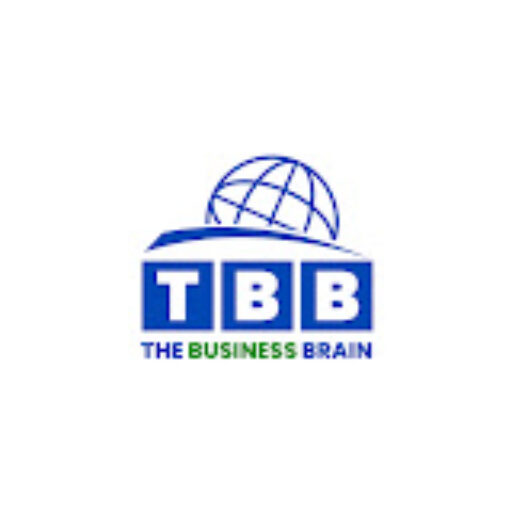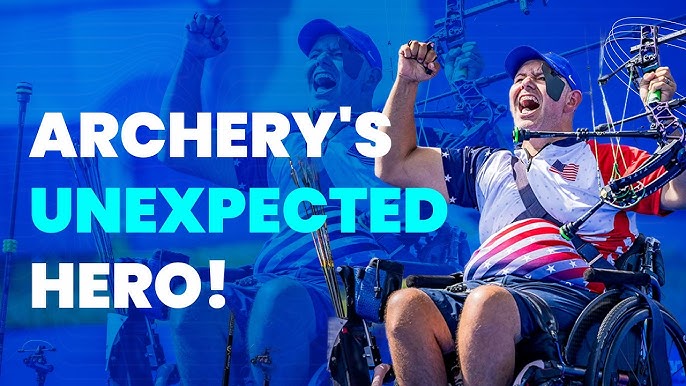Jason Tabansky’s journey to Paralympic gold in archery at the Paris 2020 games is not just a story of personal triumph, but also a valuable case study in business resilience and strategic adaptability. His unexpected entry into the games, following the withdrawal of another competitor, mirrors how businesses often need to pivot quickly in response to unforeseen opportunities. Capitalizing on these moments, just as Tabansky wasn’t initially qualified for the Paralympics, businesses may also find themselves unprepared for sudden market shifts. However, his ability to seize the opportunity reflects the importance of agility in business. Companies that can quickly adapt to changes, whether through new market opportunities or shifts in consumer demand, are often the ones that thrive.
Tabansky’s immediate shift in focus and preparation after being unexpectedly called to compete demonstrates how being ready is crucial. Training and preparation are the backbone of success. His disciplined training regimen, which included daily practice sessions against his wife, highlights the critical role of preparation in achieving business success. In the corporate world, this preparation is akin to thorough market research, strategic planning, and continuous improvement. Businesses that invest in consistent training and development, much like Tabansky did, position themselves to outperform competitors when it matters most.
His victory, despite being behind in key moments of the competition, underscores the importance of resilience—a trait equally crucial in business. Whether facing economic downturns, competitive pressures, or internal challenges, companies that can maintain focus and push through adversity are more likely to emerge stronger. Tabansky’s ability to refocus after setbacks and deliver a winning performance serves as a powerful reminder of this principle.
Tabansky’s success was not achieved in isolation. He acknowledged the support of his late friend and others who believed in him. Similarly, businesses must leverage their networks—whether through partnerships, customer relationships, or internal teams—to achieve success. Strong support systems can provide the necessary encouragement and resources to overcome challenges and seize opportunities, just as they did for Tabansky.
The precision and focus required in archery are analogous to the strategic vision and execution needed in business. Tabansky’s methodical approach, visualizing success and blocking out distractions, is similar to how successful businesses must stay focused on their strategic goals. Companies that maintain clarity of vision, even in the face of external pressures, are more likely to hit their targets.
Tabansky’s unexpected entry into the Paris 2020 Paralympic Games serves as a profound lesson for businesses on how to navigate unforeseen opportunities. When Australia’s Chris Davis withdrew, Tabansky found himself thrust into a position he had not initially anticipated. Similarly, businesses often encounter sudden shifts in the market, whether it be the departure of a competitor, a regulatory change, or an unexpected demand spike. The key takeaway here is that companies must be nimble and ready to adapt quickly, turning what could be a challenge into a strategic advantage.
Tabansky’s rigorous preparation, practicing daily with his wife to sharpen his skills, highlights the importance of consistent training and development in the business world. Just as Tabansky prepared for every possible scenario on the archery field, businesses must prepare for various market scenarios.
His ability to remain focused and overcome the odds when he was trailing in the competition mirrors the resilience required in business. Companies often face downturns, unexpected disruptions, and competitive threats. The ability to remain steadfast, refocus efforts, and push through challenges is crucial for long-term success. Just as Tabansky’s determination led him to victory, a resilient business culture can lead to triumphs, even in the most challenging times.
In his victory, Tabansky acknowledged the vital role of his support network, from his late friend to his family and coaches. This reflects a crucial business principle: success is often built on strong support networks. Whether through strategic partnerships, loyal customers, or a dedicated team, businesses thrive when they effectively leverage their networks. Collaborative efforts and strong relationships can provide the foundation for success, much like they did for Tabansky.





